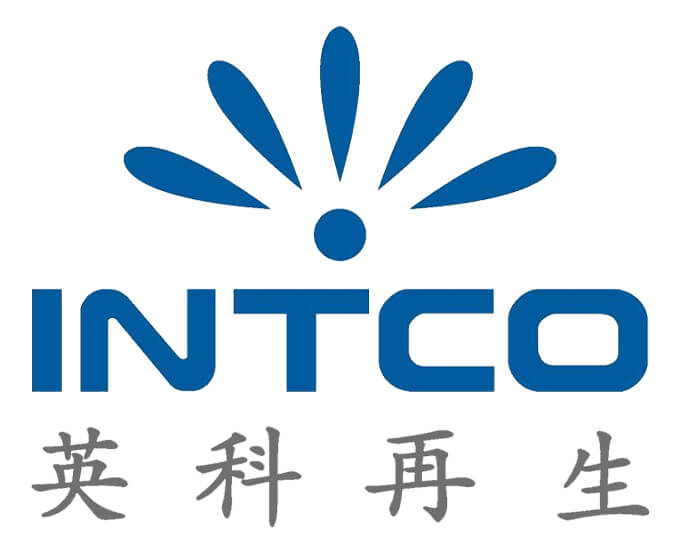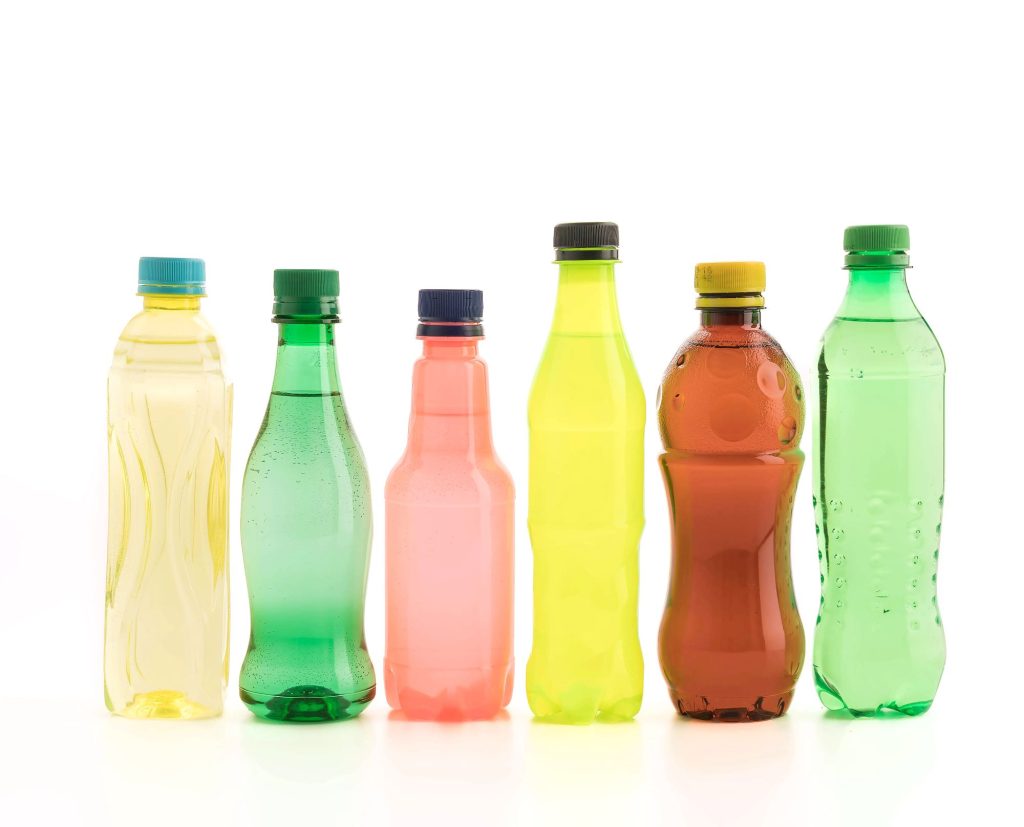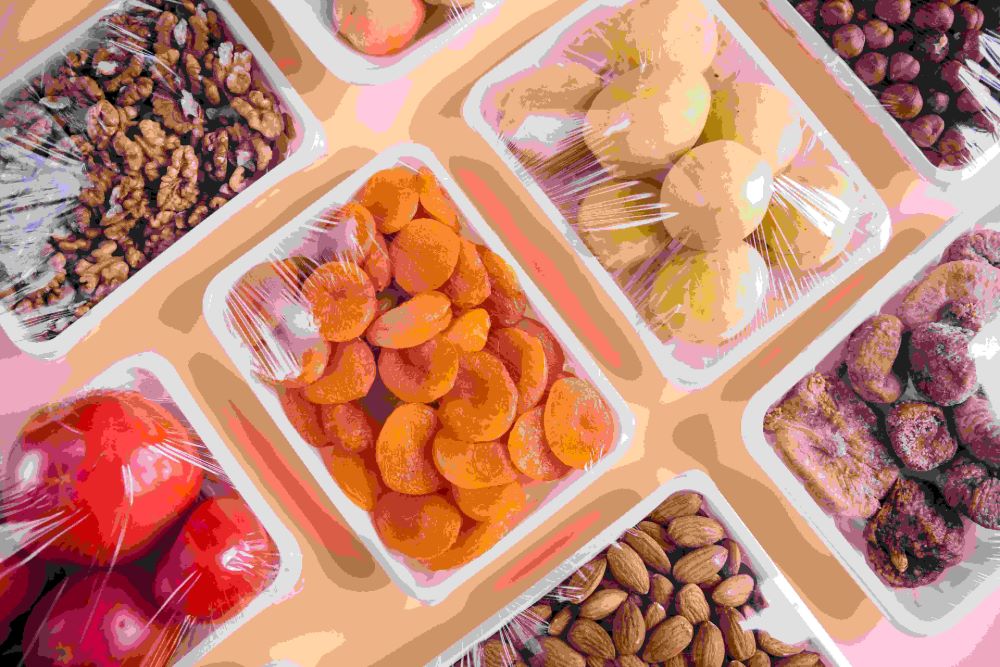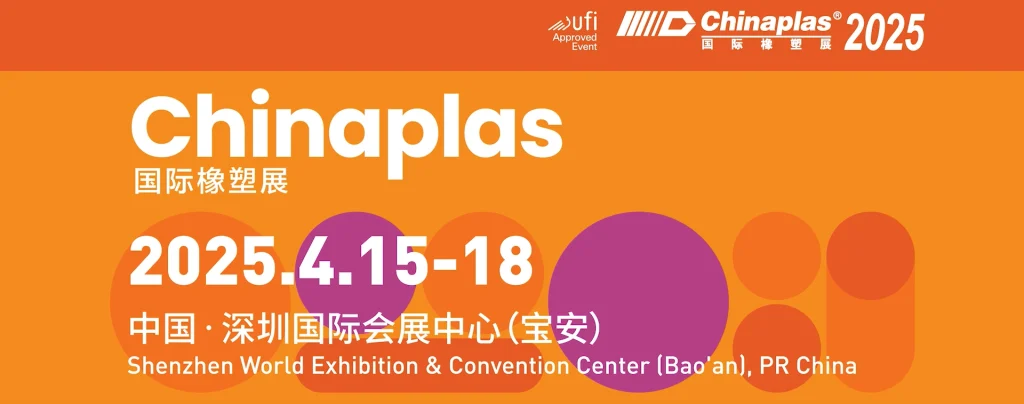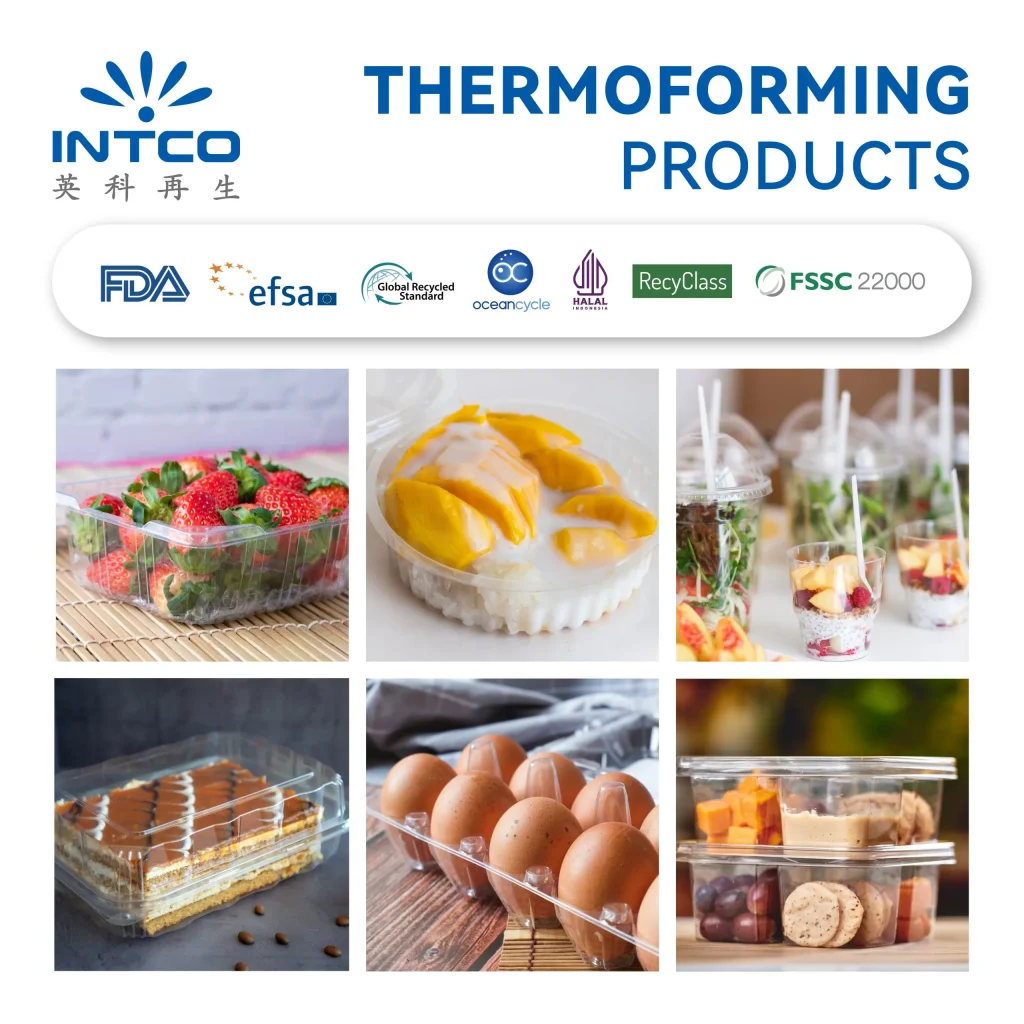When comparing food-grade rPET sheets to virgin PET, visual quality is a notable aspect to consider. Food-grade rPET sheets typically offer high transparency and gloss, which are essential for packaging applications. The aesthetic appeal of packaging can significantly influence consumer choices, making these visual qualities pivotal in products aimed at food markets. Virgin PET, on the other hand, is renowned for its clarity and sheen but may come at a higher environmental cost.
Manufacturing Factors
The manufacturing process can also affect the visual quality of the final product. Food-grade rPET sheets are produced with advanced technology that ensures high clarity and minimal haze, keeping in line with industry standards. Factors such as temperature control and extrusion techniques play a crucial role in achieving optimal visual output. Knowing these differences can help you make informed decisions regarding material selection based on the desired quality attributes.
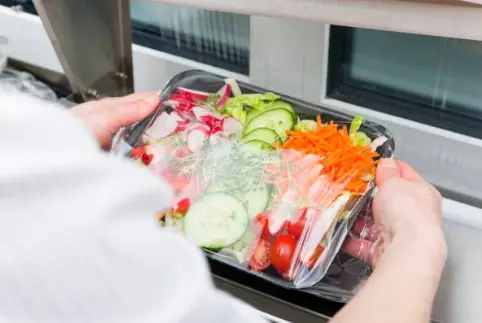
Are They Both Safe for Food Contact?
Safety in food contact applications is paramount. Food grade rPET sheets meet stringent regulatory requirements set by authorities such as the FDA and EFSA. These certifications verify that rPET materials can be safely used in food packaging without compromising safety. Virgin PET is also certified for such uses, yet the regulatory landscape for recycled materials often requires more rigorous testing to ensure safety.
Safety Considerations
Regarding overall safety, both materials are effective in preventing contamination and degradation of food products. The safety of food-grade rPET sheets is reinforced by their robust structure and cleanliness during production. You need to verify these safety standards to protect consumers and maintain product integrity, regardless of whether you choose rPET or virgin PET.
What About Sustainability and Environmental Impact?
Concern for sustainability has become increasingly important in the current manufacturing sector landscape today. With regards to materials used in packaging like food grade rPET sheets versus PET sheets, rPET offers a more sustainable option because of its recycled content. This leads to a decrease in the dependence, on petroleum-derived resources. Subsequently helps in reducing carbon emissions and environmental impact. This transition aligns with sustainability objectives. On the other hand, virgin PET necessitates a higher amount of energy and resources during the production process underscoring its comparatively lower sustainability performance level.
Long-Term Benefits
Choosing to invest in food grade rPET sheets provides advantages for both brands and consumers alike. Opting for rPET enables companies to boost their sustainability image and attract eco customers. Incorporating recycled materials not aids in waste reduction but also plays a role in shaping consumer loyalty. The decision to utilize rPET aligns your brand with approaches that cater to the rising need, for eco-friendly packaging choices.
How Do Their Costs Compare?
Cost is a crucial factor when choosing between food-grade rPET sheets and virgin PET. Generally, food-grade rPET can be more cost-effective than virgin PET due to lower raw material costs associated with recycling processes. However, fluctuations in the market can influence these prices. By assessing long-term supply agreements and taking advantage of available recycling programs, you may find significant savings.
Value Proposition
When evaluating the cost, it’s essential to consider the overall value proposition of using food-grade rPET sheets. Factors such as enhanced sustainability, consumer appeal, and regulatory compliance can make rPET a more valuable investment despite potentially higher upfront costs. When you incorporate innovative solutions, like those offered by Intco Plastic, you can achieve both economic and environmental benefits in your packaging strategy. Furthermore, the availability of products like Food-grade rPET Sheet allows for informed decision-making in material choices.
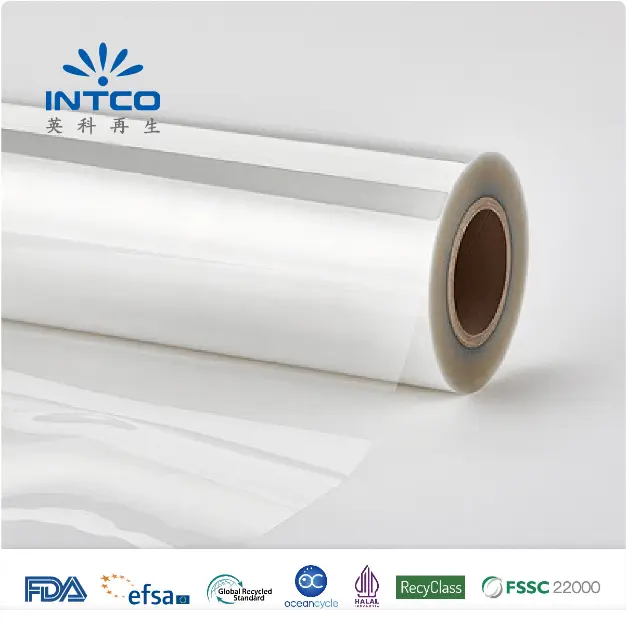
In summary, while both food-grade rPET sheets and virgin PET have their own sets of advantages, the current market trends and growing environmental consciousness indicate a shifting preference toward the sustainable benefits of rPET. A thorough evaluation of safety, sustainability, and cost-effectiveness will guide you toward making the best choice for your culinary applications, ultimately benefitting consumers and the environment.
Is There a Quality Difference?
Overall Material Quality
When considering food-grade rPET sheets, you will find that they exhibit notable quality characteristics that are essential in varying applications. The intrinsic viscosity often falls within a precise range, ensuring optimal performance across diverse uses. Furthermore, the consistency maintained in the manufacturing process results in sheets that possess remarkable mechanical strength and resilience. Hence, quality is not merely a marketing term; it is a decisive factor when selecting materials that align with product specifications and consumer needs.
Progress in Recycling Methods
Advancements in recycling technology have led to enhanced quality in food-grade rPET sheets, making them a viable alternative to virgin PET. Innovations in processing methods, such as advanced washing and sorting techniques, have significantly improved the purity and performance of recycled materials. As a result, rPET can now fill various market demands without compromising safety or functionality. Staying updated with these developments positions you to make informed choices regarding material procurement.
Choosing the Right Solution
When it comes to packaging food products, you must consider the specific requirements that come with each application. Different foods may necessitate varied levels of barrier properties, transparency, and structural integrity. For example, high-acid foods may require higher oxygen resistance, which food-grade rPET sheets can provide. By assessing these application-specific needs, you can determine the most suitable material for your packaging solutions, balancing both performance and sustainability.
Recommendations from Industry Experts
To navigate the complexities of choosing between food-grade rPET sheets and virgin PET, seeking advice from industry experts can be invaluable. Professionals recommend emphasizing not only immediate material performance but also the environmental implications of your choices. Additionally, ongoing research into materials and recycling practices means that new insights are always emerging. Using resources like Intco Plastic can further enlighten you on selecting the right materials fit for your production processes.
Learn More from Intco Plastics
As you explore options for implementing food-grade rPET sheets in your packaging strategy, Intco Plastics stands out as a leader in providing high-quality recycled materials. Their commitment to sustainability and innovation ensures that you receive products that meet both your performance expectations and environmental standards. Finding a reliable supplier is crucial, and Intco Plastics offers a range of solutions catering to diverse market needs. To delve deeper into their offerings, including the solutions they provide, visit their website and consider how their products align with your sustainability objectives.
